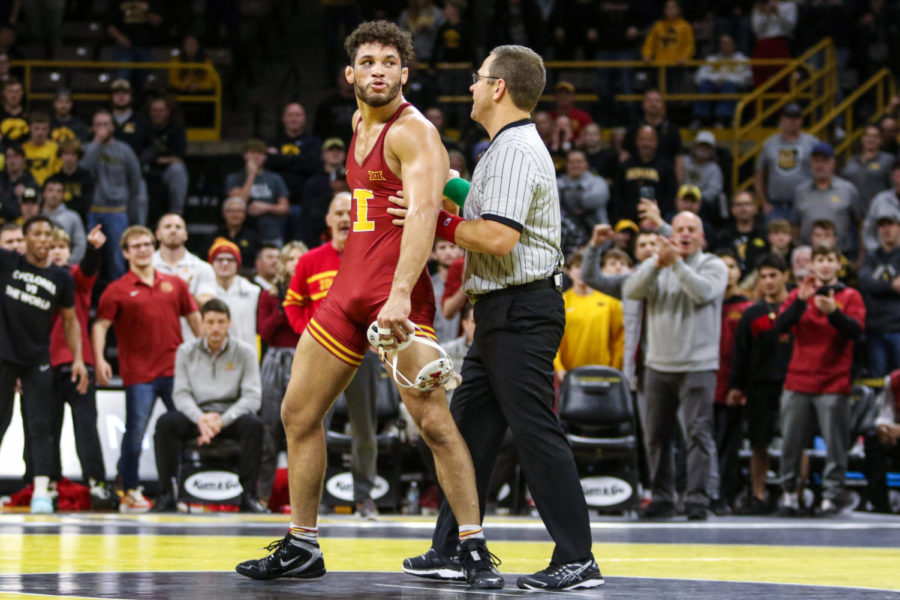EDITORIAL: Earnhardt photos should be released
December 11, 2003
Freedom is not always pretty. Such was the case when the Orlando Sentinel newspaper, following open-record laws that had been on the books for 90 years, requested to see the autopsy photos of NASCAR racer Dale Earnhardt after the violent crash that killed him two years ago. But the reaction from Earnhardt’s fans and family was so furious that, one month later, Florida Gov. Jeb Bush signed a law that banned access to autopsy photos.
The fight didn’t die then, though: The Independent Florida Alligator, a student newspaper, continued to appeal the decision for the past two years.
But their appeal ended last week when the Supreme Court refused to hear the case. This is a blow to democracy and, ironically, to NASCAR fans who so furiously wanted to keep the autopsy photos from being seen.
The Sentinel and Alligator pledged to not publish the photos, but to use them solely to investigate whether Earnhardt’s death could have been prevented. Cynics may scoff at this, but consider that because of the Sentinel’s persistence in the face of criticism and even death threats, an independent examiner was allowed to look at the photos.
The examiner concluded that Earnhardt actually died of severe whiplash, which could have been prevented if he had been wearing a head-and-neck restraint device. This was completely different from what the NASCAR examiner thought, which was that Earnhardt died because his seatbelt broke.
Coincidentally, a week before Earnhardt’s death, the Sentinel did a series on how NASCAR officials essentially ignored recommendations of past safety investigations.
So though the request for grisly photos may seem insensitive, sometimes the public’s need to know outweighs privacy. Such is the principle behind open-records laws that have allowed Americans to keep their government and its investigations accountable. Thomas Jefferson alluded to this when he said, “Were it left for me to decide whether we should have a government without newspapers or newspapers without a government, I should not hesitate but a moment to prefer the latter.”
This is not to say that Earnhardt’s family, or any other family in the same situation, should have their cries for privacy left unheard. But the Florida law, passed in a flurry of unjustified anger, is too broad and uncompromising such that in the future, the public’s ability to know the truth may be severely hampered.
Dale Earnhardt’s death was a tragedy. But it is even more tragic if the public unhesitatingly lets the government restrict the kind of access that might shed light on the truth. Truth that, in this case, may prevent future deaths like Earnhardt’s.






